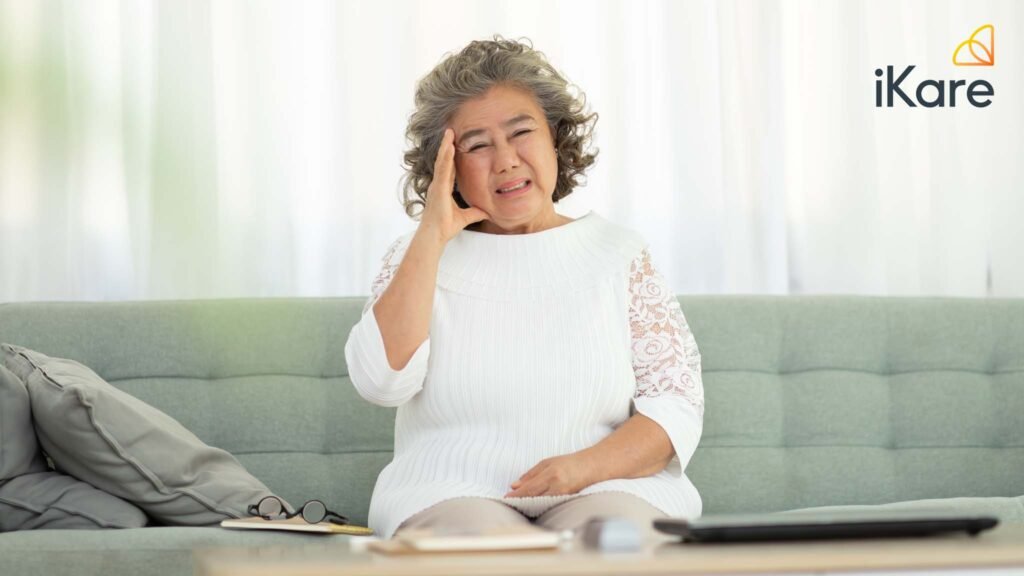
Signs Your Loved One Needs Home Care Services
As our loved ones age, their ability to manage daily tasks independently may decline. While this is a natural part of the ageing process, it can be challenging to know when they need additional support. Identifying when home care services are necessary can make a world of difference in ensuring their safety, comfort, and well-being. Below are some key signs that indicate your loved one may benefit from professional home care.
1. Difficulty with Daily Tasks
One of the most apparent signs that home care might be needed is when your loved one starts struggling with routine daily tasks. These can include difficulties with dressing, cooking, cleaning, or managing personal hygiene. For instance, if your parent is no longer able to prepare meals without assistance or is skipping bathing regularly, these are red flags that they may require extra help at home.
Home care services can provide the support they need to maintain a good quality of life. At iKare, our home care plans are customised to each individual’s needs, whether it’s help with meal preparation or assistance with personal hygiene, ensuring that your loved one’s dignity and independence are preserved as much as possible.

2. Frequent Falls or Mobility Issues
If your loved one has experienced falls or is having difficulty walking, this is a clear sign that professional help may be required. As mobility decreases, the risk of accidents at home increases, putting them at risk of serious injuries. You may notice them using furniture to balance themselves or avoiding certain rooms in their home altogether.
A home care provider can not only assist with physical mobility but also create a safer living environment by addressing hazards in the home. iKare ensures that regular updates and quarterly reports are provided to keep you informed of your loved one’s condition, giving you peace of mind about their safety.
3. Changes in Personal Hygiene
A decline in personal hygiene can be an indicator of underlying physical or cognitive issues. If you’ve noticed that your loved one’s clothes are often unwashed, their hair is unkempt, or they are not maintaining proper oral hygiene, they may need more support. These changes are often due to a loss of strength or coordination, or even the result of depression.
With iKare’s home care services, caregivers are trained to provide compassionate assistance with personal hygiene in a respectful and professional manner. Our over 90% customer renewal rate reflects our ability to consistently deliver high-quality care, tailored to the individual needs of our clients.

4. Cognitive Decline
Memory loss and cognitive issues can lead to confusion, forgetfulness, and even disorientation. If your loved one is forgetting to take their medication, missing important appointments, or frequently losing their way, it may be time to consider home care. These challenges can increase the risk of accidents, medication mishaps, or even wandering, which can be dangerous.
Home care services, such as those offered by iKare, ensure that your loved one receives the daily supervision and assistance they need to navigate these challenges safely. With a personalised care plan, caregivers provide support with medication management, daily tasks, and mental stimulation activities to help slow cognitive decline.
5. Social Isolation or Depression
Social isolation is another common sign that your loved one may need extra support. If they are withdrawing from social activities or seem more depressed, it could indicate that they’re struggling to cope with their day-to-day life. The emotional well-being of an individual is just as important as their physical health, and home care can provide both companionship and support in this area.
At iKare, our caregivers not only focus on the physical needs of your loved one but also their emotional well-being, fostering a sense of companionship and engagement in daily life. Our comprehensive quarterly reports ensure that families are regularly updated on their loved one’s progress, providing peace of mind that their emotional and physical needs are being met.

